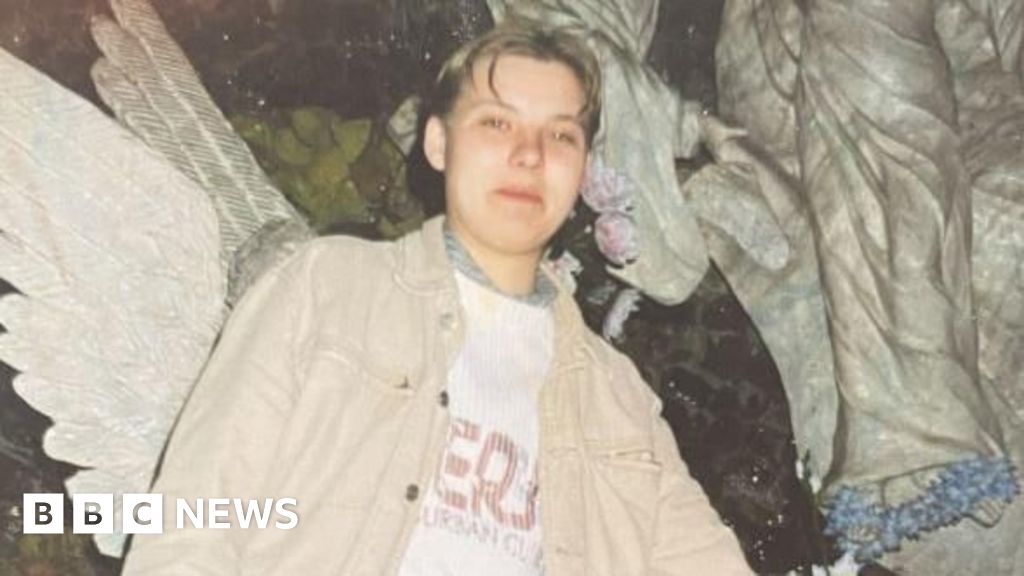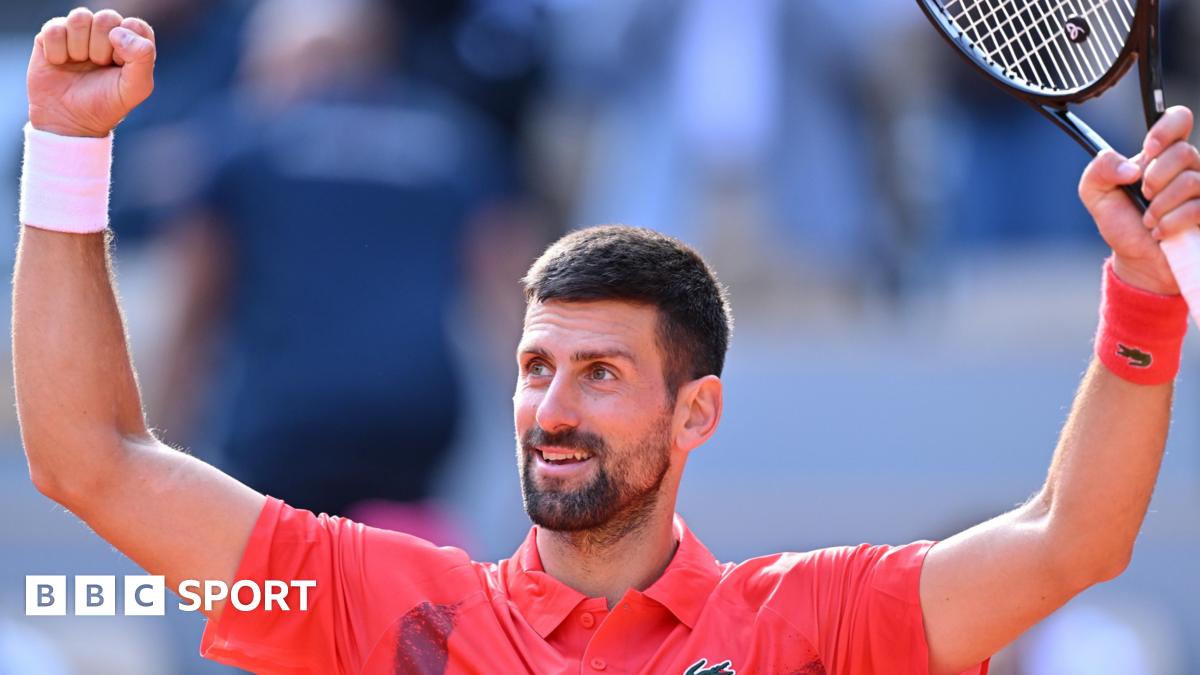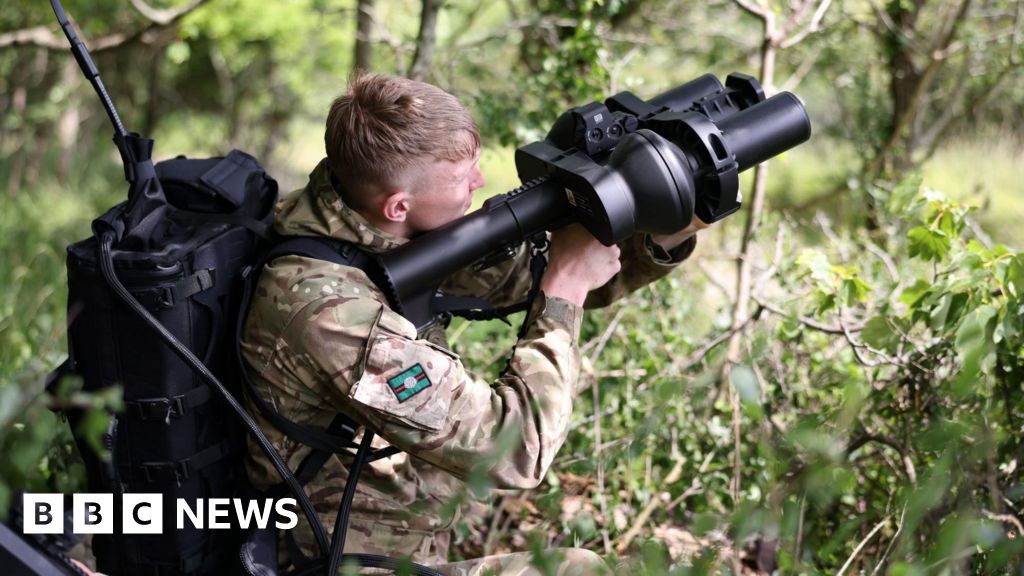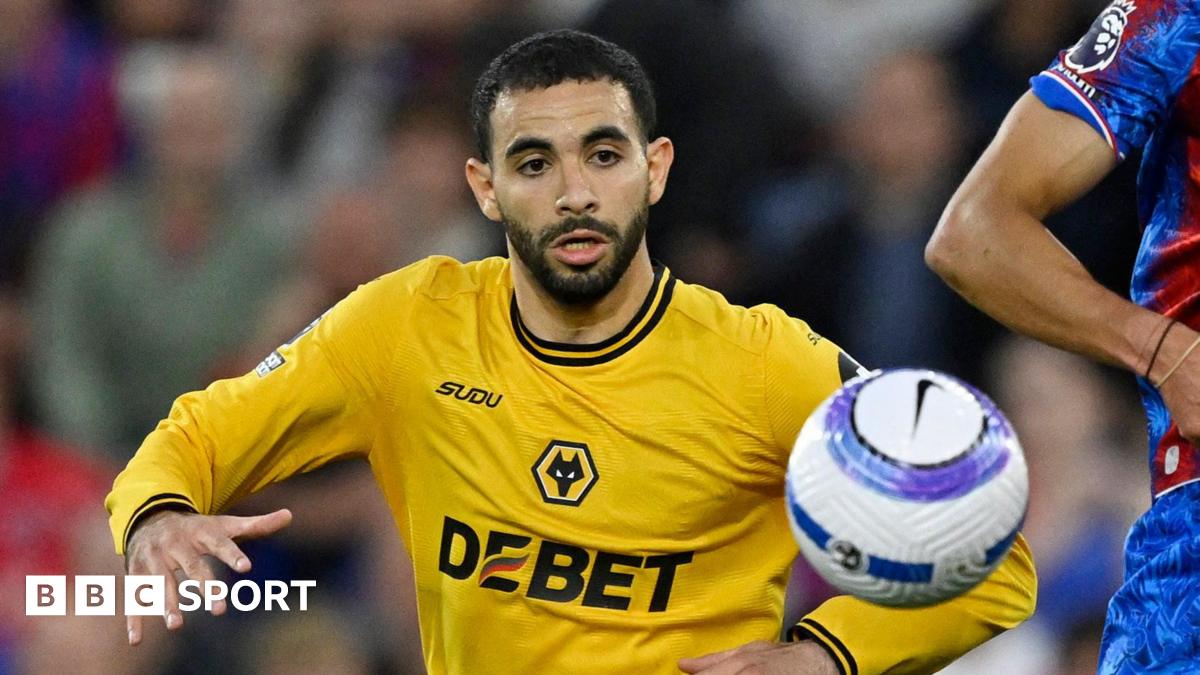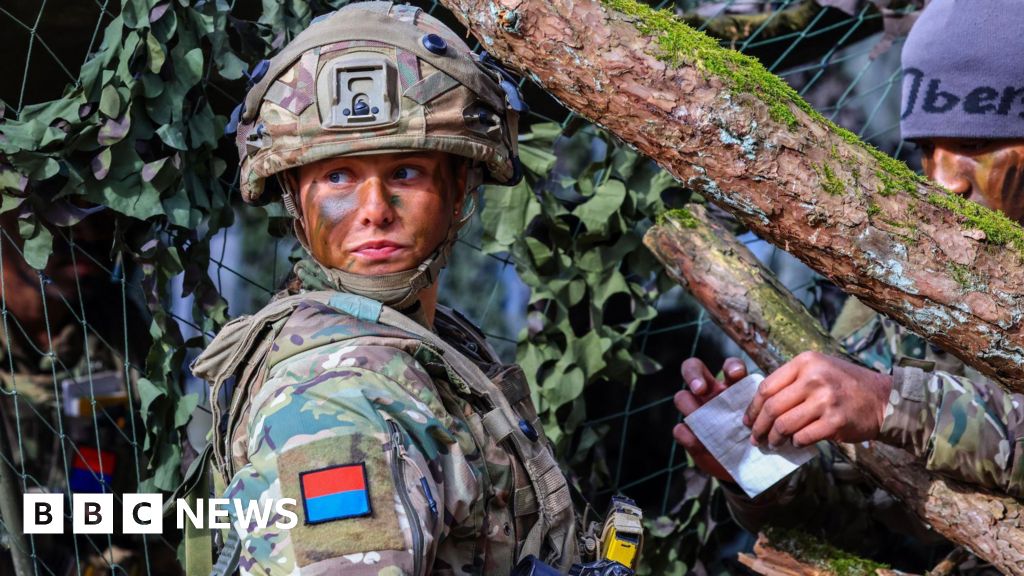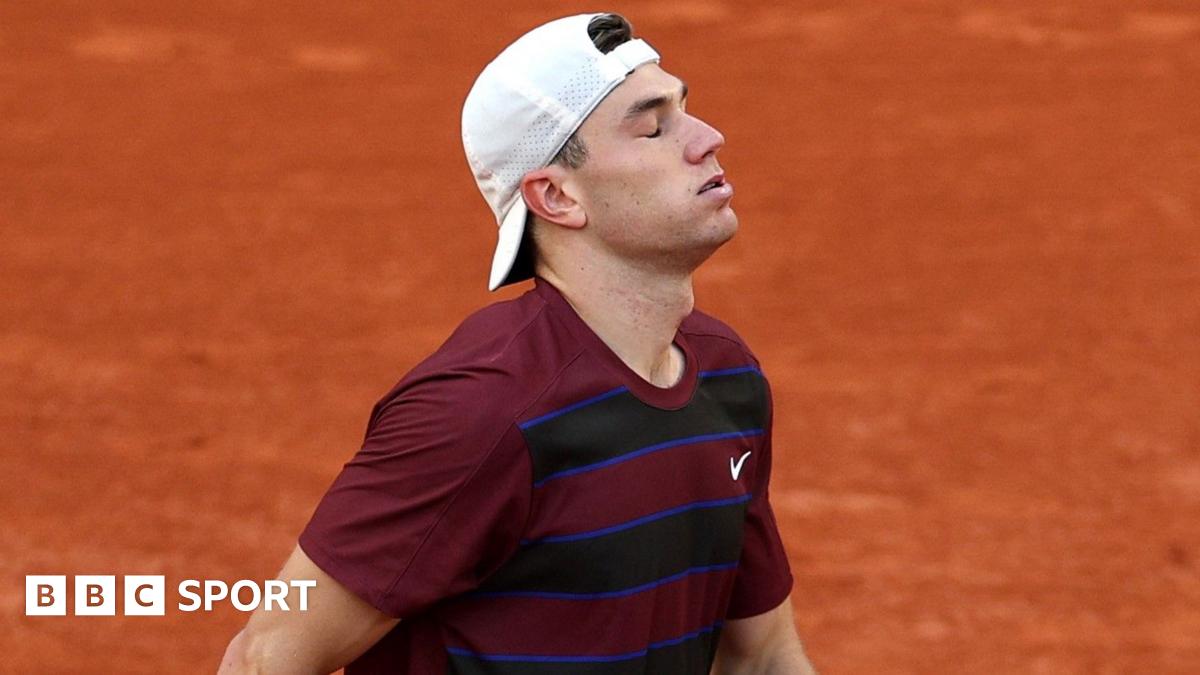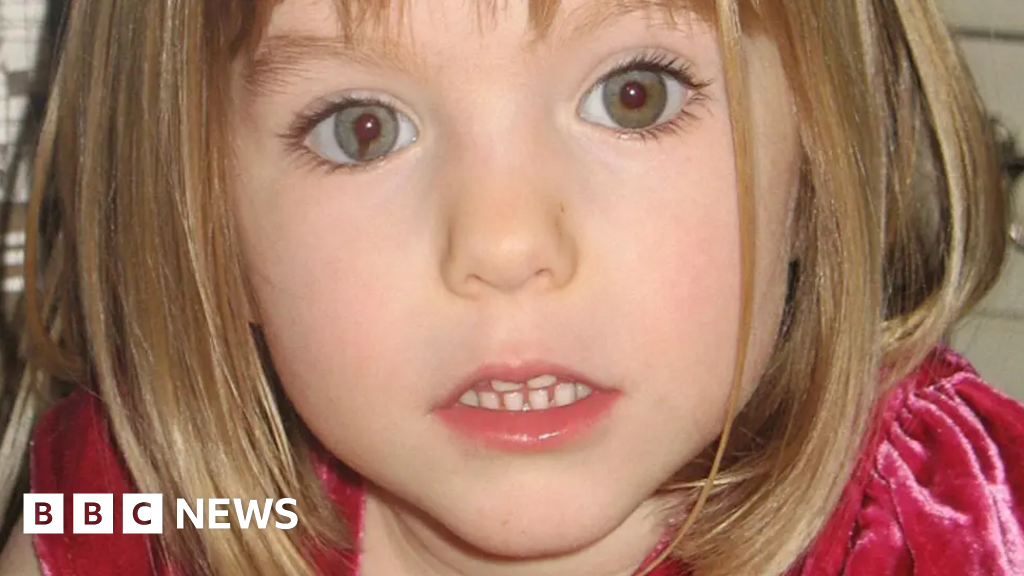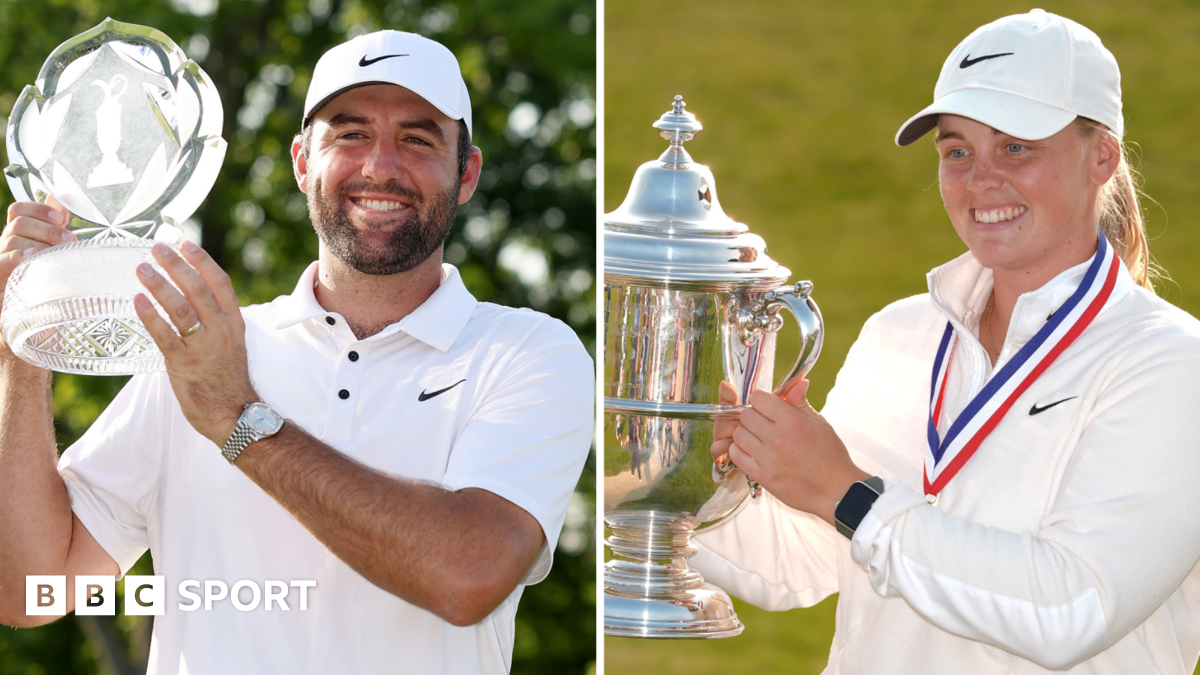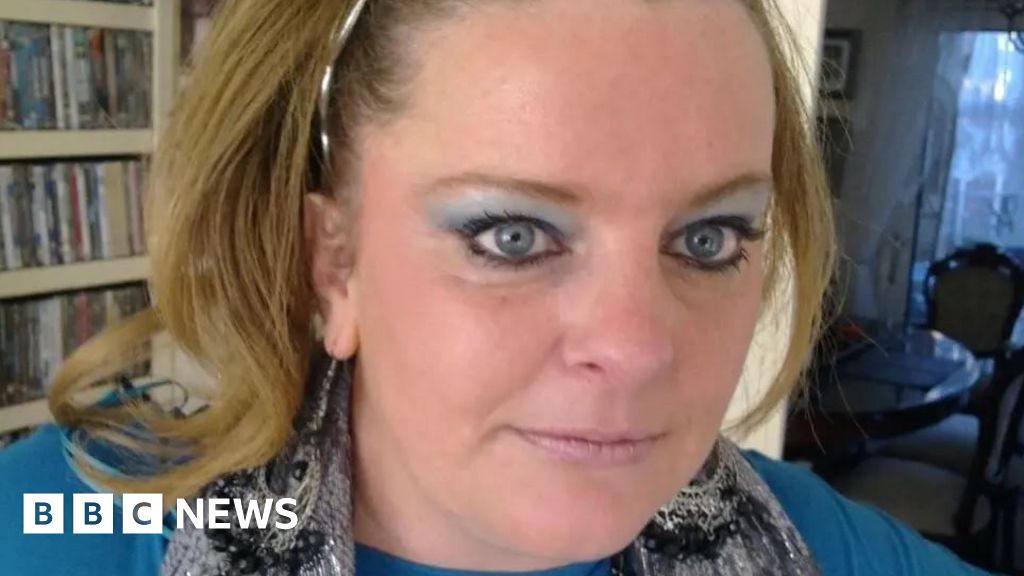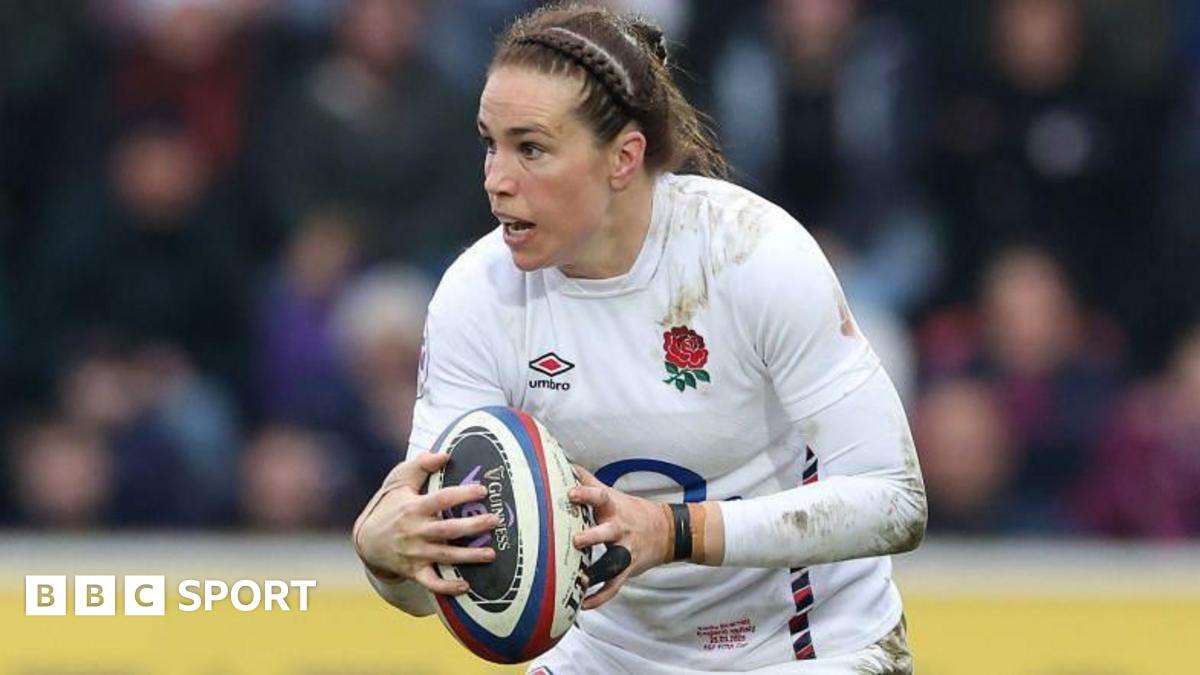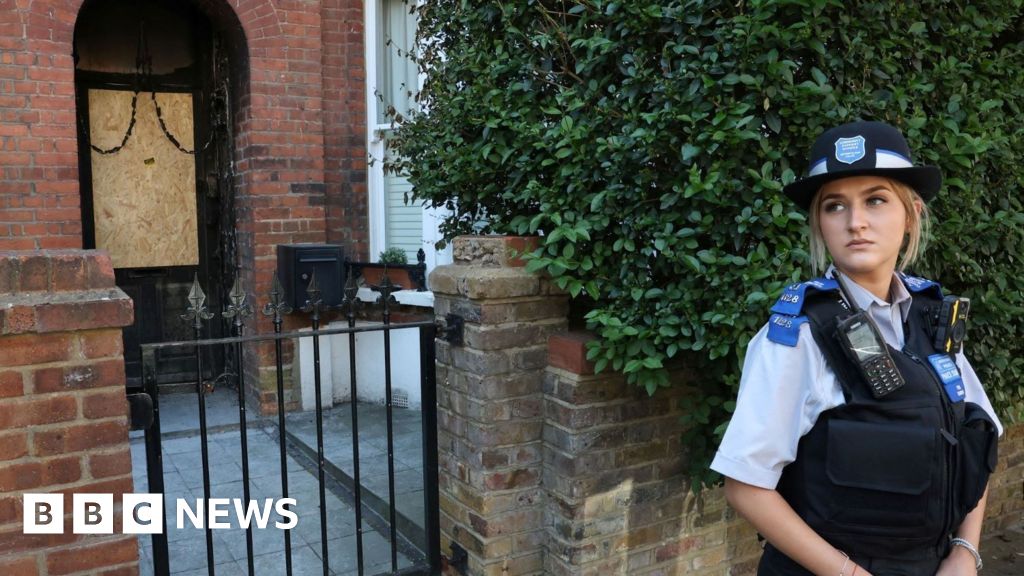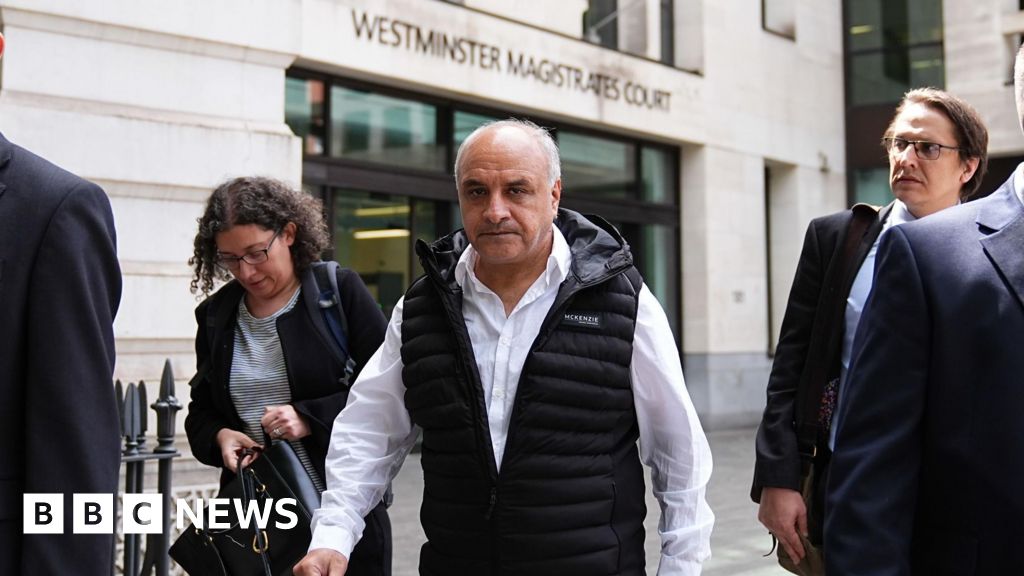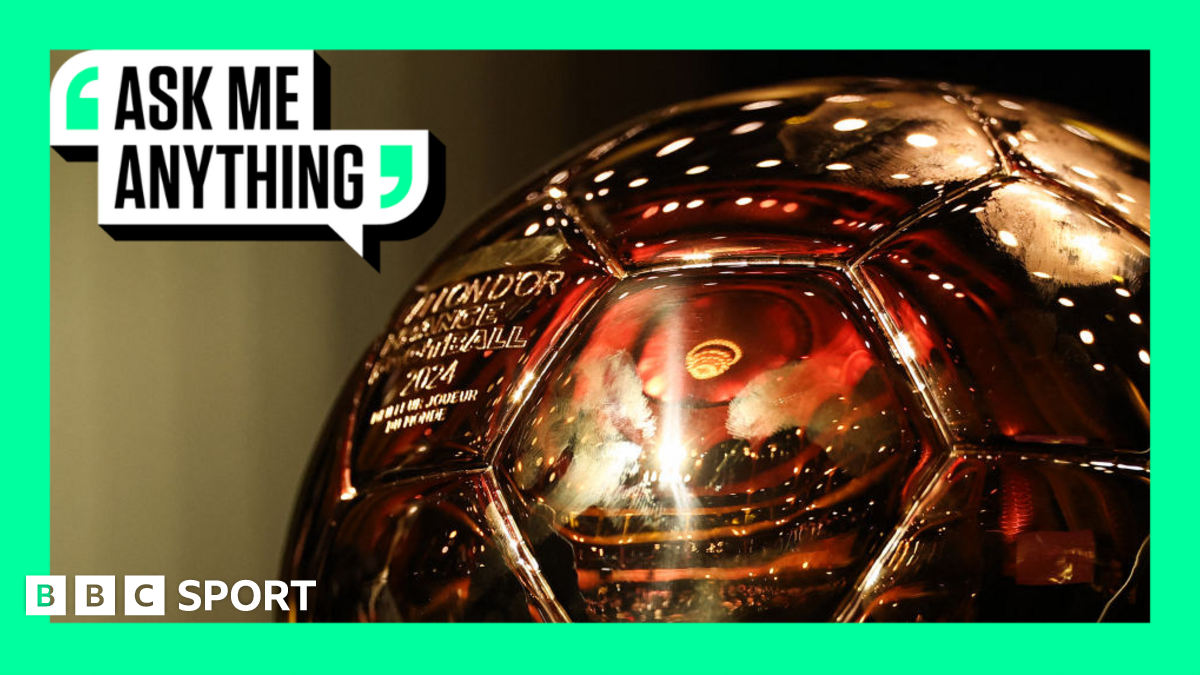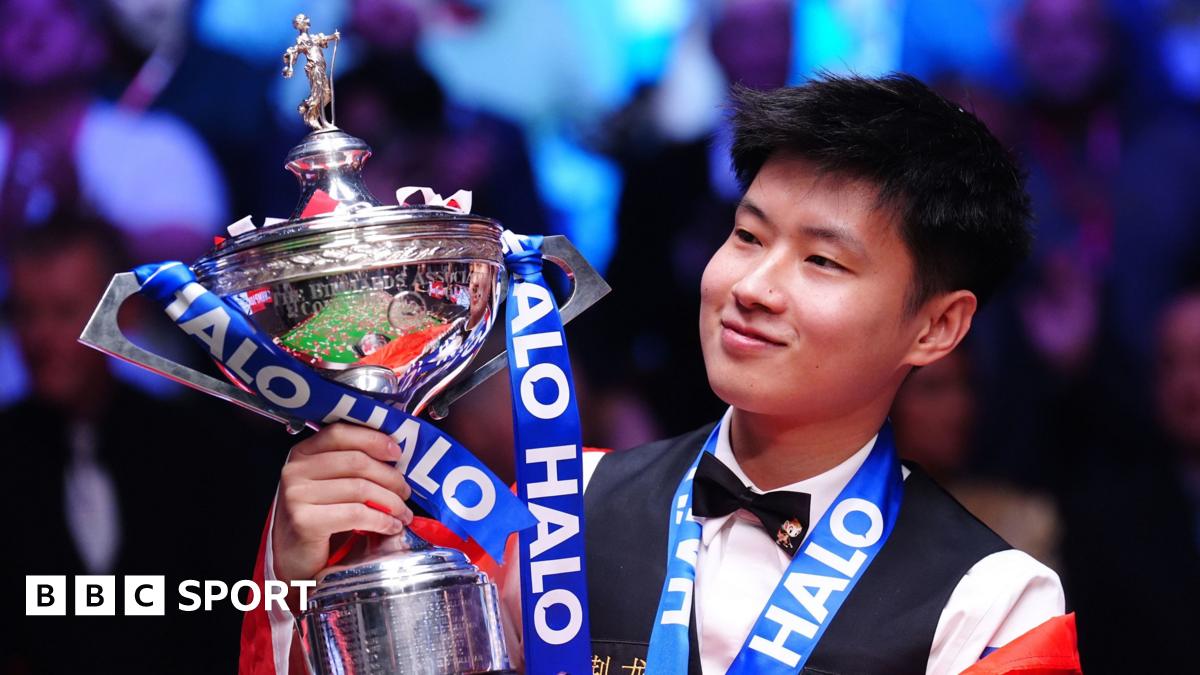Billie Sky has just helped her team to promotion but now she cannot play for them again.
Sky is one of 28 transgender women registered with the Football Association to play amateur football in England who are banned from playing FA-affiliated women's football.
Following the UK Supreme Court's ruling on 16 April that the legal definition of a woman is based on biological sex, the English football's governing body said that from 1 June only those born biologically female will be permitted to play women's football at all levels.
The ruling has forced Sky to stop playing competitive 11-a-side football for one of her teams, London Galaxy. She will still be able to play informally for her other - Goal Diggers FC - as the club has withdrawn from all FA-affiliated leagues in response to the new policy.
"I just took part in a season with London Galaxy and helped them earn promotion," she told BBC Sport. "Now I can't play with them, which is really sad. I put a lot of commitment into that club.
"What am I supposed to do? Go and play with the men? Because I don't feel safe playing there. And all of my team-mates want me here."
BBC Sport approached a number of grassroots footballers who support the ban.
Most did not want to go on record with their opinions because of a fear of reprisals, but one footballer, who plays in the sixth tier of the women's game, was willing to speak anonymously.
Georgie (not her real name) believes the FA's new policy "protects the integrity of women's football that we have fought for so long to attain".
The issues around the policy have been described by the FA as a "complex subject" and wider debates have centred on inclusion, sporting fairness and safety in women's sport.
When avid football fan Sky first transitioned, she had given up on the idea of sport, but that changed when she was encouraged to join Goal Diggers FC, an inclusive club based in London.
"I think I had the first moments of my life where I wasn't thinking about the fact that I'm trans or different or weird or something. I just felt like another person here," the 28-year-old said.
"It was a community that I found and I loved it. And since then it's been my life. My identity is very much one of football."
Sky, who came out as transgender four years ago, said she "had a feeling" the ban was coming.
"It does feel scary," she said. "It feels like a little bit of my safety net has just been taken away.
"I felt like there's this real empowering nature to football for me, as I've become more confident on the pitch, I've become more confident as a person. And I feel like losing some of that opportunity to continue that storyline."
The FA has written to transgender players facing a ban, offering "online talking therapy" or support in taking another route in women's football, such as refereeing or coaching. Sky has declined the offer.
"I guess I could go into coaching or refereeing, but that's not what the love of the game is for me," said Sky, who is a graphic designer. "It's being out there on the pitch, connecting with people, giving 100% until the last minute.
"Sometimes I wonder if I should just leave the country. I've lived in London my whole life. I love this city in so many ways, but I feel like it doesn't want me here."
Georgie started playing football when she was five and grew up around the game, with her two brothers and uncle heavily involved in the sport.
"When I heard about the FA's decision, it gave me a deep sense of reassurance," she said.
"I was happy that something was being done to protect the integrity of the women's game, a space that means so much to me and so many other women and girls.
"This isn't about excluding anyone. It's about recognising the importance of fairness and safety in sport."
Georgie, who is in her early 20s, says her view is deeply rooted in the scientific research that suggests the physiological differences established during male puberty create advantages that cannot be fully reversed with hormone therapy.
There is limited research into what effect transitioning can have on an athlete - because there are so few transgender athletes. However, studies are currently under way.
Georgie also told BBC Sport that her opinions are shared by the rest of her team and have been shaped by their experiences.
"One of the teams we faced included two transgender women. I've seen first-hand how the physical differences played out on the pitch," she said.
"This isn't something we see week in, week out in the women's game... None of us had consented to be part of that kind of match-up, and yet we were put in that position.
"What's worse is that when we try to speak up, we're told not to. As captain, my coach made it clear that saying anything to the match officials or to the FA - even politely - would likely result in punishment. That fear of retribution silences so many of us."
On11 April the FA updated its rules to allow trans women - who are biologically male - to continue to play in women's football under stricter criteria before changing its policy a few days later after the Supreme Court ruling.
Georgie said she hoped "we can continue to work towards creating spaces within football where transgender women can participate in a way that's safe, fair, and respected".

 1 day ago
16
1 day ago
16

